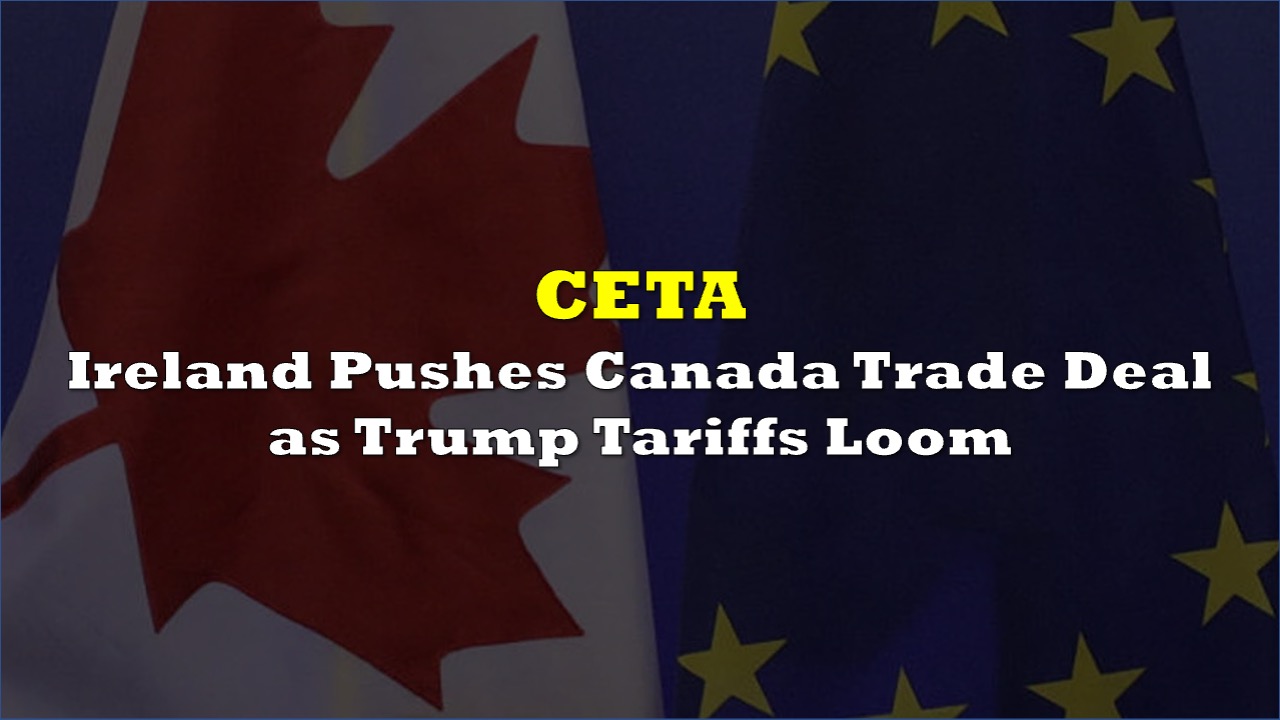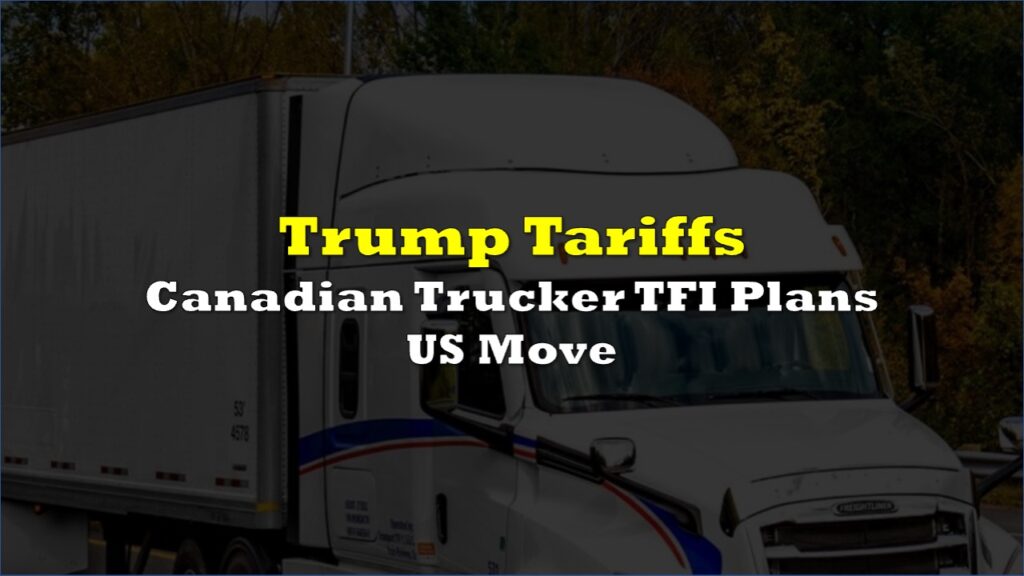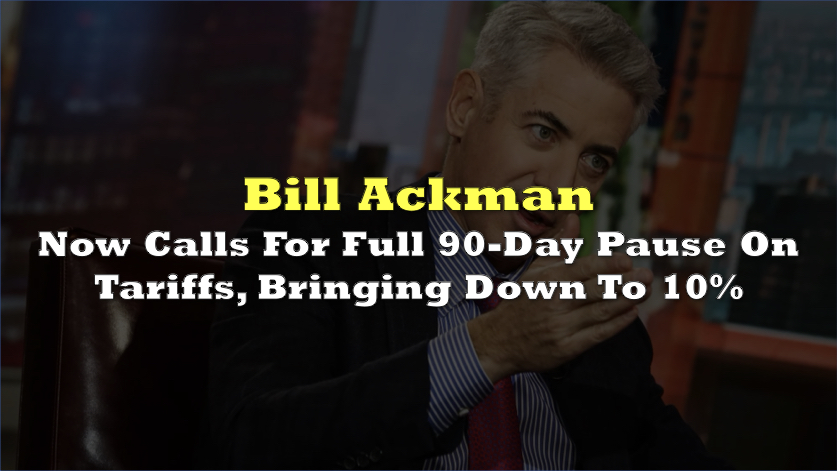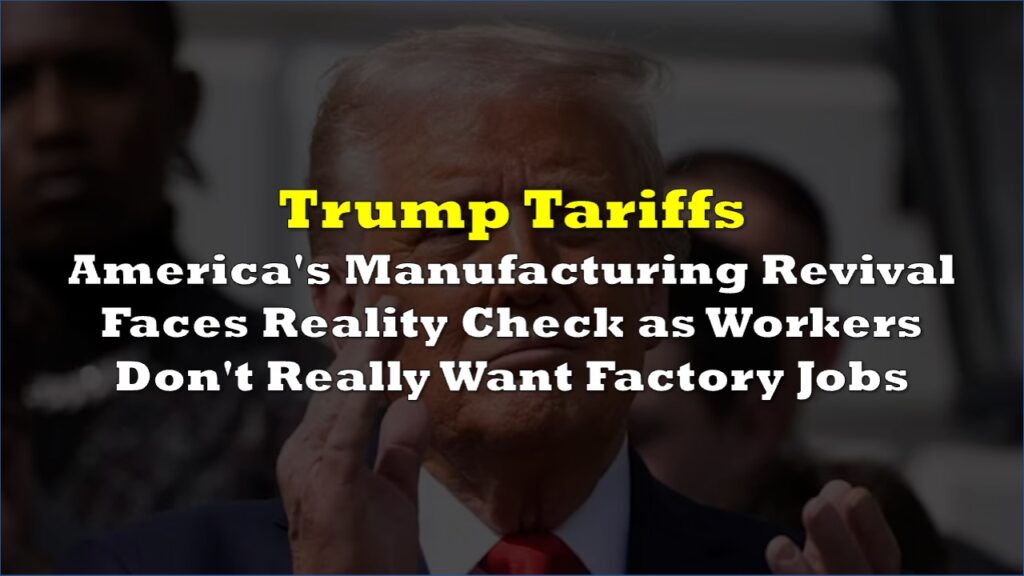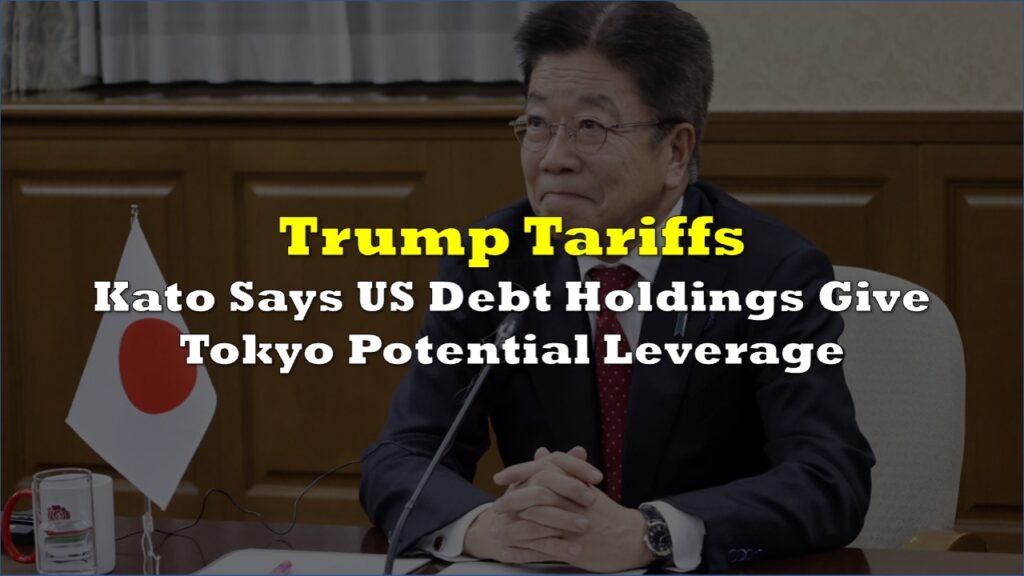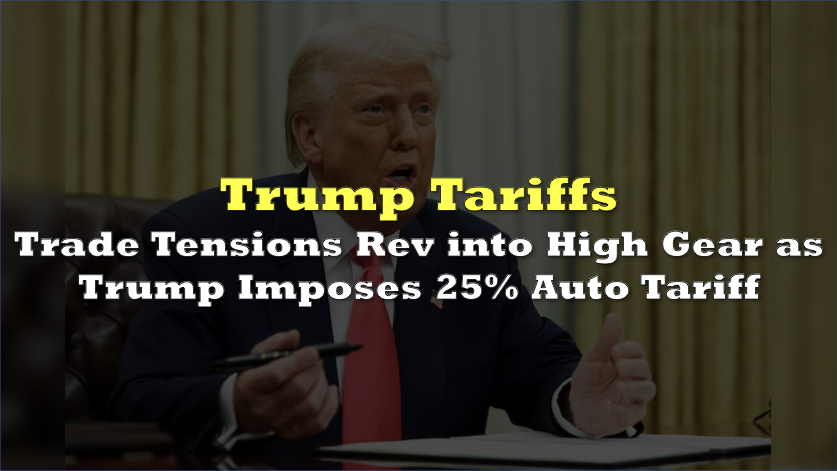Ireland’s government will introduce legislation this week to speed ratification of a comprehensive trade deal with Canada, officials said Tuesday, as the country seeks to reduce reliance on US trade amid President Donald Trump’s tariff threats.
Trade Minister Simon Harris plans to present a Cabinet memo requesting authorization to draft the Arbitration (Amendment) Bill 2025, which would clear the way for Ireland to fully ratify the Comprehensive Economic Trade Agreement between the European Union and Canada, according to government sources.
The move comes as Ireland scrambles to diversify its trade relationships while Trump considers imposing tariffs on European goods. Ireland-Canada commerce has more than tripled since 2016, growing from 3.2 billion euros ($3.4 billion) to over 10 billion euros last year.
“Free-trade agreements such as CETA provide significant opportunities to help Irish-based companies increase market and product diversification,” Harris is expected to tell Cabinet colleagues, according to government sources who spoke on condition of anonymity.
The legislation addresses a 2022 Irish Supreme Court ruling that found the trade deal’s investor-state arbitration schemes violated the country’s constitution. The court determined that such arbitration mechanisms undermined Irish judicial authority, leaving domestic courts unable to challenge decisions made by CETA tribunals.
Most of CETA has operated provisionally since September 2017, but the investor protection provisions remain suspended pending ratification by all EU member states.
Government sources said they expect CETA to be fully approved by year’s end, though it’s unclear whether the bill will come before parliament before summer recess.
The legislation faces opposition from Sinn Fein and other parties. Sinn Fein MEP Lynn Boylan said this month that full ratification “made no sense” since most of the agreement already operates, with only “private investor courts” remaining inactive.
“These courts let big businesses sue states if they take any action that harms the profits of these businesses,” Boylan said.
Ireland is seeking to reduce dependence on US trade as Trump threatens tariffs on European goods. Senior Irish officials have lobbied the Trump administration against imposing tariffs on EU exports, particularly pharmaceuticals and semiconductors.
Also read: Trump Pats Himself With EU Tariffs Delay
Harris has specifically argued that imposing tariffs on Irish pharmaceutical exports “risks not only the strides that need to be made in future innovation, but also threatens the resilient supply chains needed to provide products to the US,” noting that the Irish pharmaceutical industry serves American patients.
The European Union has signaled plans to accelerate trade negotiations with the United States to avoid a trade war, but is simultaneously strengthening ties elsewhere. The EU recently finalized major agreements with Mexico and advanced talks with South American trading blocs.
Green Party lawmaker Patrick Costello originally challenged CETA’s constitutionality, raising concerns about national sovereignty and corporate influence over government policy.
The trade deal eliminates duties on 99% of all products between the EU and Canada and improves European companies’ access to Canadian services markets.
Information for this story was found via the Irish Times, and the sources and companies mentioned. The author has no securities or affiliations related to the organizations discussed. Not a recommendation to buy or sell. Always do additional research and consult a professional before purchasing a security. The author holds no licenses.

